Review: Arthur Russell enchants with Sketches For World of Echo: June 25 1984 Live At Ei
The latest posthumous release from avant-garde cellist and disco mastermind Arthur Russell mixes lush soundscapes with beautiful vocals
Photo Audika Records
Arthur Russell’s “Sketches For World Of Echo: June 25 1984 Live At Ei”
December 1, 2020
The latest in Audika Records’ series of posthumous collections of the works of Arthur Russell, Sketches For World of Echo: June 25 1984 Live At Ei, is a live album recorded two years before Russell would release his only full length record during his lifetime, World of Echo.
As a primer to those unfamiliar with anything I’m talking about, Arthur Russell was an avant-folk, ambient-pop, garage-house, chaotic-disco legend whose music, while remaining relatively unheard of during his lifetime, has come to be appreciated after his tragic and early death of HIV-related issues.
Over the course of his turbulent career, he collaborated with (and almost became a member of) Talking Heads, worked with poet Allen Ginsberg, ran the incredibly influential record label Sleeping Bag Records and released a slew of unconventional dance singles that to this day remain some of the most interesting pieces to arise from the 80’s underground New York scene.
Yet even more interesting was the massive wealth of solo recordings that remained unreleased throughout his lifetime. As is the plague of many an artistic genius, Russell suffered from an unrelenting perfectionism. Of his solo material, only two albums, one live album and one maxi-single would be released during his lifetime. The rest would be confined to an extensive archive of demo tapes, live recordings and odds and ends that would lay dormant until the label Audika Records would be created to release them, compiling them into anything from dance mixes to entire solo albums.
It is through that label that this recording was released on Nov. 6. Providing somewhat of a companion piece to World of Echo, the live nature of this release is the most influential factor to note in differentiating the two. Removed from the direct input of Russell’s pedals and synths, the sound is less overwhelming and encompassing than World of Echo, providing a differing experience overall.
Instead of being bathed with washes of sound, the listener views from an outside perspective; they find themselves in the audience, watching these washes of sound be controlled and manipulated by a man with only a cello, a microphone and a mess of synthesizers, pedals, wires and amps, channeling and distorting the tones before it reaches the listener.
But while a systems approach can help set this in context of his discography, it would be a disservice not to isolate the album itself for it’s own value. The album itself begins harshly with “Changing Forest (Live 6/26/84),” a brief moment of ambient crows noise lacerated by Russell’s dissonant, distorted cello. Many people would turn it off here. That is understandable.
However, if one decides to press on, things begin to soften. The cello abruptly stops as sharply as it began, and after a brief second, the silence is cut through once more, this time merely decussated by a single mellow synth tone. The cello begins again, this time with more respect to the concepts of harmony, and the whole affair has a vaguely bagpipe-like feeling, associating itself with images of a countryside landscape on a cold fall morning.
That is only really the first track, and the rest of the album has much more to offer. Russell’s lyricism, entwined in a voice that effortlessly switches between purposeful nonsense and clear enunciation, draws from his quiet youth growing up in Iowa, painting images of small towns, small groups of friends playing together after school, a boy with a smile on his face, small conversations in a smaller cafe. Van Morrison-like, Russell’s voice almost becomes an instrument of its own, harmonizing with the cello like one in the same.
The real highlight of the album is its last track, “Sunlit Water (Live 6/24/84).” It’s an instrumental piece, clocking in at over ten minutes. Yet, even despite the lack of vocals given, it probably conveys the most out of the ten tracks on the album. It uses the synths most heavily, in a ring-modulated drone that swirls around the listeners head in tandem with Russell’s softer, pastoral cello delivery. Soon, a chorus of twinkling pads comes into play, twirling and frolicking to create something similar to the image of dappled sunlight being shifted and reflected by the radiating waves of a lake.
All in all, this is a great release put out by Audika. Its only fault is that it may be a little esoteric to be widely enjoyed casually. But fully committing to the environment displayed here rewards the listener with a truly wonderful experience. While not an extensive microcosm of Arthur Russell’s varied career, Sketches For World of Echo provides a blithely intimate glimpse into the in-betweens of his many masterworks.

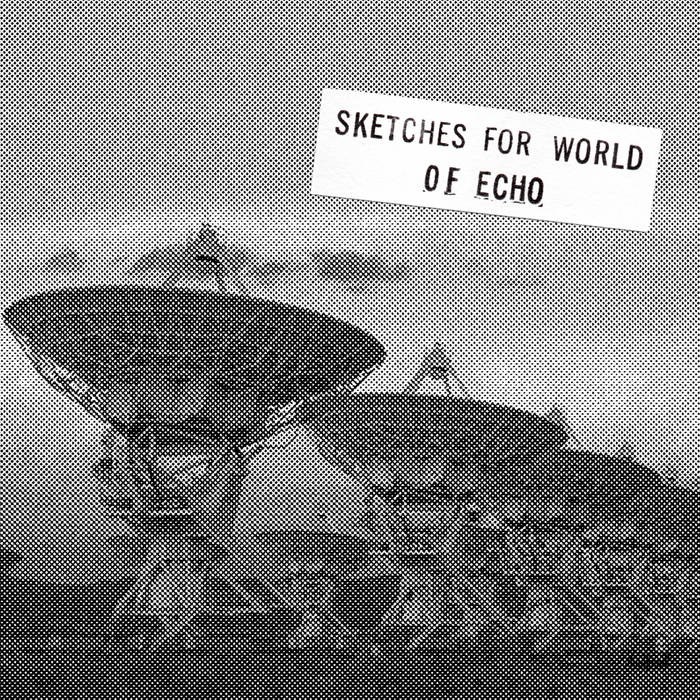
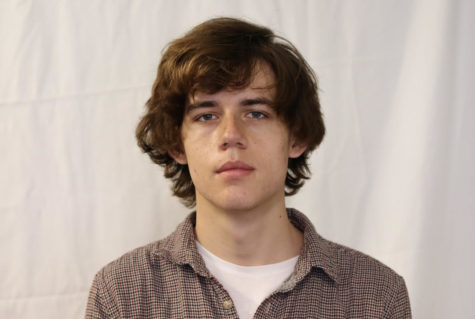
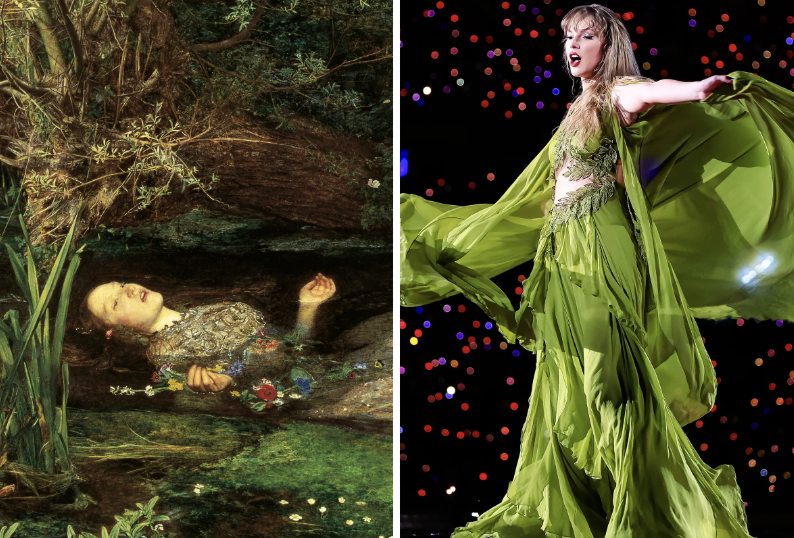
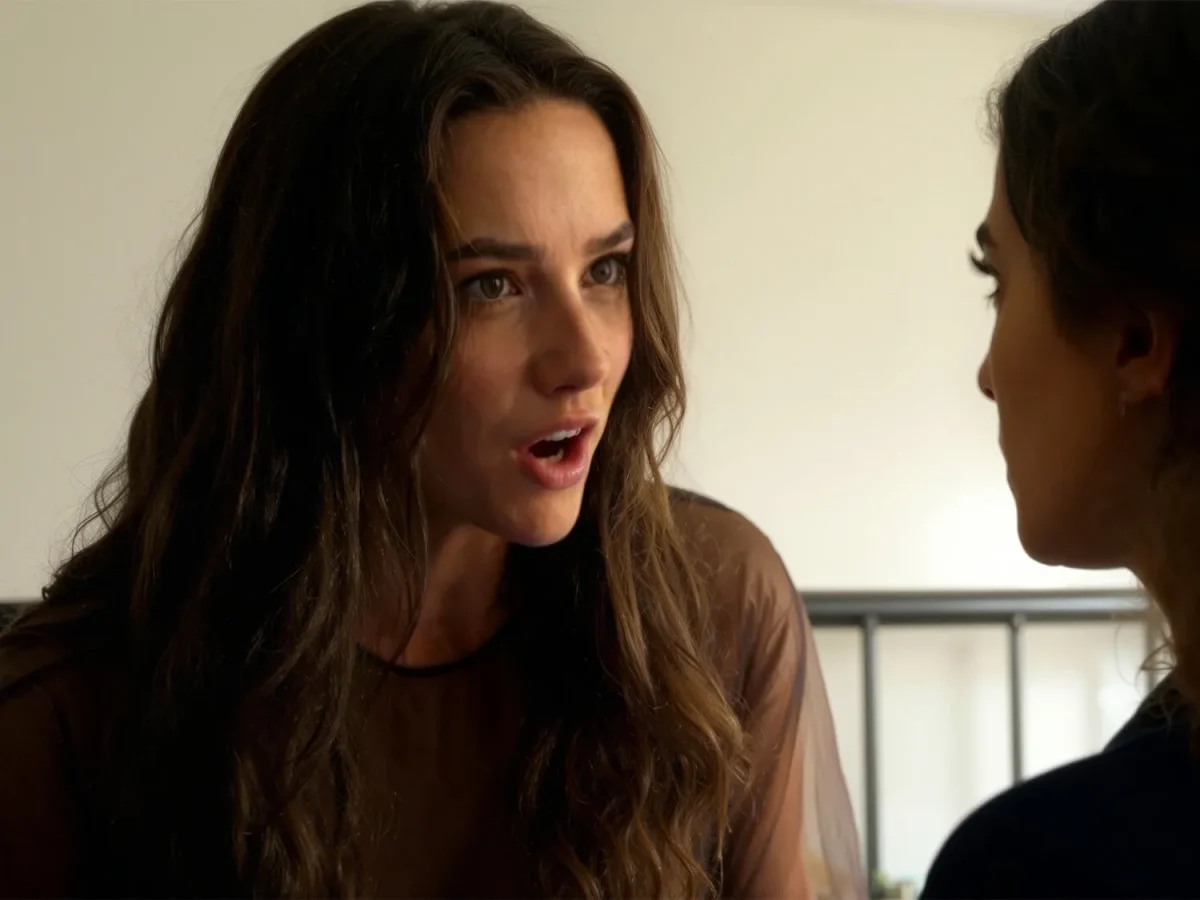



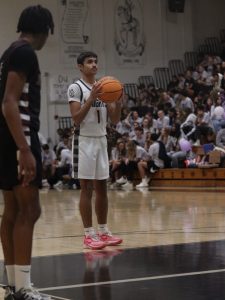



MuzikJunky • Apr 11, 2021 at 11:26 pm
Arthur Russell only founded Sleeping Bag Records but left shortly after Will Socolov became its president. Sleeping Bag and its sub-label Fresh Records gave us legendary producer Kurtis Mantronik; hip hop legends EPMD, Just-Ice, T La Rock, and Nice & Smooth; singer-songwriter Joyce Sims; and Latin freestyle diva Maria Nocera, among others. Peace.